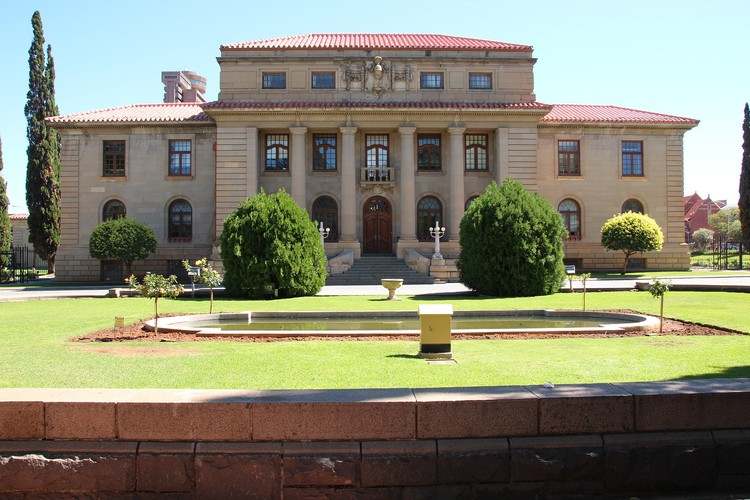Supreme Court of Appeal sends coal company packing
No mining will take place in Mabola Protected Environment for now
The Supreme Court of Appeal has dismissed an attempt by coal mining company Atha-Africa Ventures to appeal a High Court decision that reversed the hush-hush government approval it had for its proposed coal mine in an environmentally sensitive area in Mpumalanga.
Atha-Africa, a local subsidiary of India-based transnational mining and minerals company the Atha Group, says it may now approach the Constitutional Court.
The Mabola Protected Environment is a proclaimed conservation area in Mpumalanga where, under the National Environmental Management Protected Areas Act (NEMPAA), mining is prohibited unless the national ministers responsible for the environment and for mining both grant specific written permission.
In 2016, then Environmental Affairs minister the late Edna Molewa and then Mineral Resources minister Mosebenzi Zwane quietly granted permission for Atha-Africa’s proposed 15-year Yzermyn underground coal mine to be developed within the Mabola protected area.
But in November last year, the North Gauteng High Court upheld a review application brought by a coalition of eight environmental and social justice groups and set aside that decision.
In that case Judge Norman Davis found that Molewa and Zwane had not properly considered the coalition’s initial challenge to the proposed mine and had just followed a “tick box” process of approval. The ministers had also been procedurally unfair, non-transparent and over-hasty in their decision-making.
Judge Davis set aside the ministers’ approval of the mine and ordered that Atha-Africa’s original NEMPAA application to mine in a protected area be “remitted”: re-submitted to the two relevant ministers for proper re-consideration.
He awarded punitive costs against the two ministers and the Mpumalanga environment MEC, who had also been a respondent. He did not award costs against Atha-Africa, as it had not opposed the main application for remittal.
However, the mining company had opposed certain “ancillary” relief requested by the applicants and granted by the court. This had included an order to the two ministers to defer any decision regarding Atha-Africa’s NEMPAA (re-)application until after the outcome of various administrative appeals against other authorisations for the mine obtained by the company, and until a formal management plan for the Mabola protected area had been approved.
Atha-Africa had been “a necessary, but not voluntary, party to the litigation and had not sought costs from the applicants or the other respondents. It opposed certain of the ancillary relief in the event of remittal but otherwise sought to remain out of the fray. It should therefore be neither liable nor entitled to costs,” Judge Davis said.
Nevertheless, Atha-Africa applied for leave to appeal the judgment.
The two national departments and the Mpumalanga environmental affairs MEC also applied for leave to appeal but withdrew their applications at the 11th hour before the appeal hearing in January.
At that hearing Atha-Africa’s appeal application was dismissed by the High Court.
Undeterred, the mining company then applied to the President of the Supreme Court of Appeal, Judge Mandisa Maya, for leave to appeal Judge Davis’s decision.
Her decision, handed down this month, was short and to the point: “The application… is dismissed with costs for the reason that no exceptional circumstances warranting reconsideration or variation of the decision refusing the application for leave to appeal have been established.”
Asked by GroundUp whether it wanted to comment, Atha-Africa said its leave to appeal had “raised valid constitutional concerns”. Because of this “the matter would be escalated to the Constitutional Court”.
Support independent journalism
Donate using Payfast

Don't miss out on the latest news
We respect your privacy, and promise we won't spam you.
Next: SANDF soldiers accused of terrorising immigrant shack dwellers
Previous: “Give us opportunities not handouts” say people with disabilities
© 2019 GroundUp.
This article is licensed under a Creative Commons Attribution-NoDerivatives 4.0 International License.
You may republish this article, so long as you credit the authors and GroundUp, and do not change the text. Please include a link back to the original article.

